Alumnus Kyle Wiley expands technology access for COVID-19 researchers
Kyle Wiley (AB ’11) is the senior advisor to the chief commercialization officer at the U.S. Department of Energy (DOE) and is an integral part of the DOE’s response to COVID-19. Wiley and his team have given researchers access to powerful computing resources, including two of the world’s most powerful supercomputers, to boost research during a period which relies on accelerated timelines and innovation.
Wiley’s role is to offer strategic advice to the CCO, to speak to external parties on behalf of the Office of Technology Transitions, and to engage with the 17 national DOE labs on a variety of initiatives. Like many others, his responsibilities have shifted in the face of a pandemic and Wiley is now a part of the battle against COVID-19.
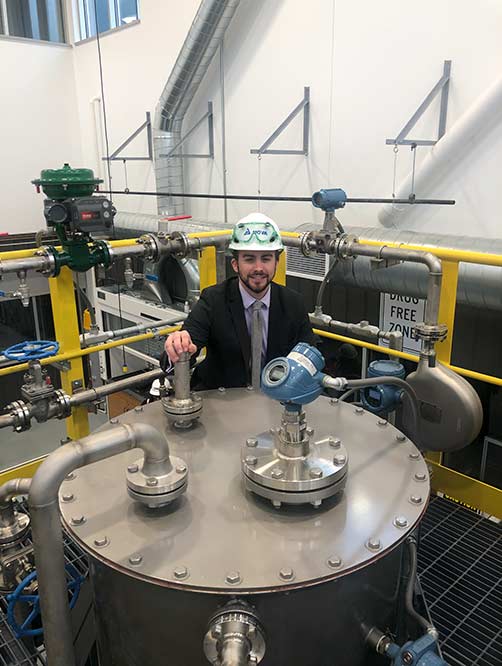
Kyle Wiley tours a Shell ethane cracker plant in Pennsylvania as part of his work with the U.S. Department of Energy.
Wiley and his team prioritized expanding access to resources for public and private researchers across the country. This included providing resources to those looking for innovative ways to combat COVID-19 through the DOE’s Lab Partnering Service and COVID-19 Technical Assistance Program (CTAP). These initiatives give access to vital resources, experienced researchers, and information about facilities that may be useful in fighting the pandemic.
CTAP provides funding to DOE’s national lab system to assist non-DOE entities working to combat the virus. It also allows national researchers to offer assistance to U.S.-based entities facing technical challenges. Their team has seen the most success in two areas: supercomputing (the HPC COVID-19 Consortium) and technical assistance. The HPC COVID-19 Consortium is a private-public partnership between the federal government, industry and academic leaders to provide researchers access to high-performance computing resources. This partnership enables extensive research and modeling to understand COVID-19’s threat and create strategies to address it. The program has several active projects.
Wiley’s office has granted researchers access to the computational capacity to support research programs that are studying the virus. Meanwhile, DOE scientists are studying components of the virus to understand its replication process. Relying on previous experience from modeling of other infectious diseases, they can better understand how COVID-19 might behave and the supercomputers allow for quicker testing and effective drug screening.
Even as Wiley works on projects related to COVID-19, he continues his work with the technology commercialization fund and raises awareness for partnerships among minority business centers. The technology commercialization fund supports programs for applied energy research, technology development, demonstration and commercial application helping to mature promising energy technologies with potential for high impact.
Wiley’s road to the DOE began as a political science student at UGA. With the help of one of his professors, former UGA faculty member Morgan Marietta, he landed an internship with then-Congressman Paul Broun (BS ’67). That work experience, combined with an understanding of political science he gained from his time at UGA, have been instrumental to his career in the nation’s capital.
Prior to joining the DOE, Wiley held a number of positions, including assistant to the president of the Heritage Foundation, a Koch Associate at the Charles Koch Institute, and a specialist in Barnes & Thornburg’s Government Services and Federal Relations practice.
His work just goes to show: Dawgs never hesitate to jump into action, innovating and assisting in times of need.

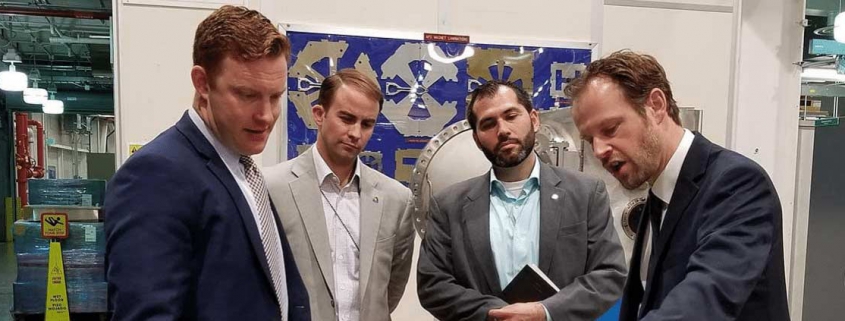

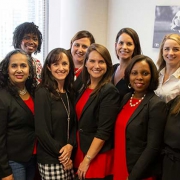
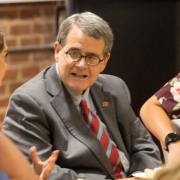


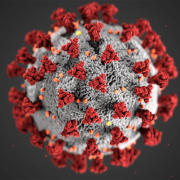


 Isabella & Louisa Fischer via Unsplash
Isabella & Louisa Fischer via Unsplash